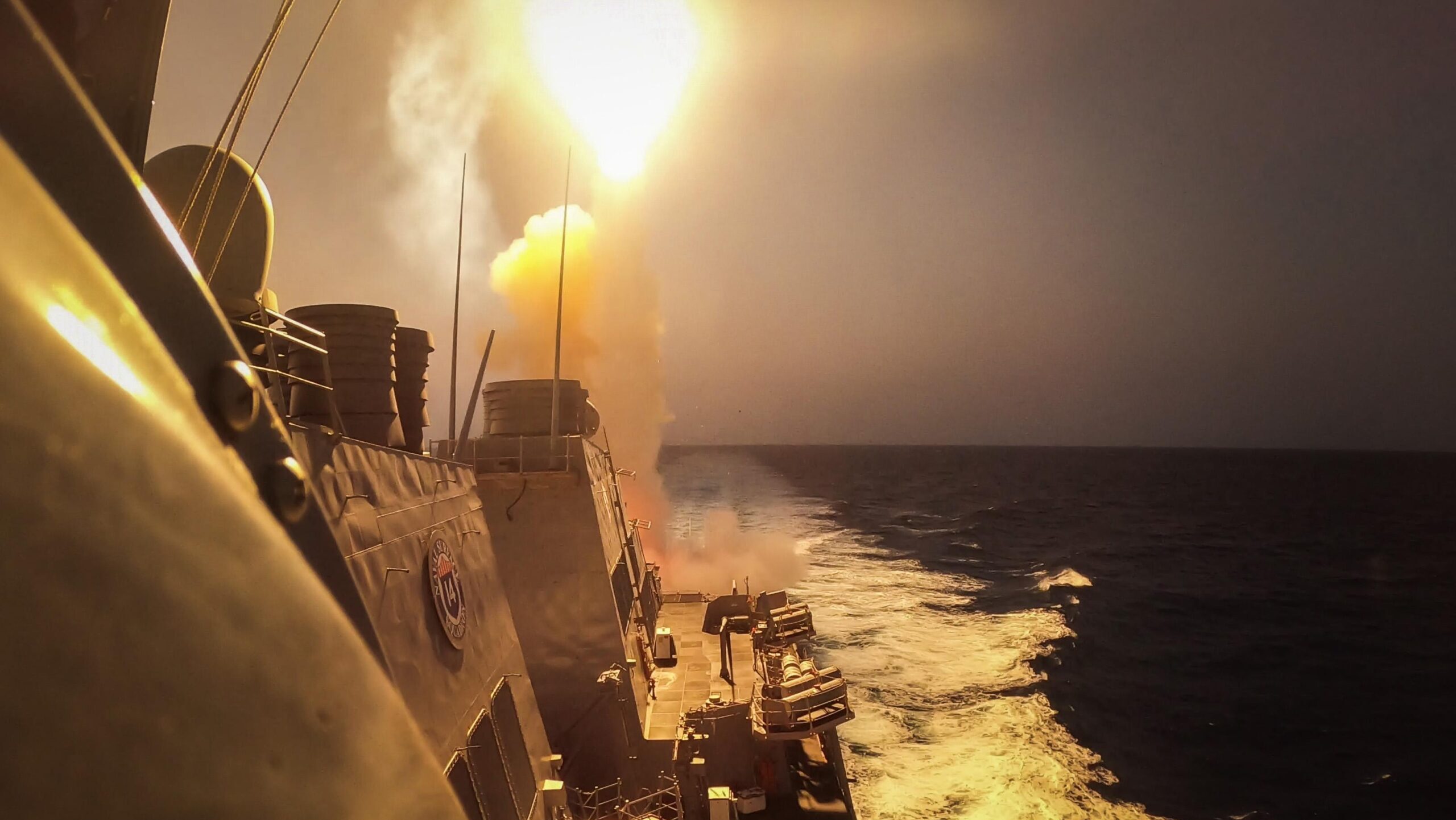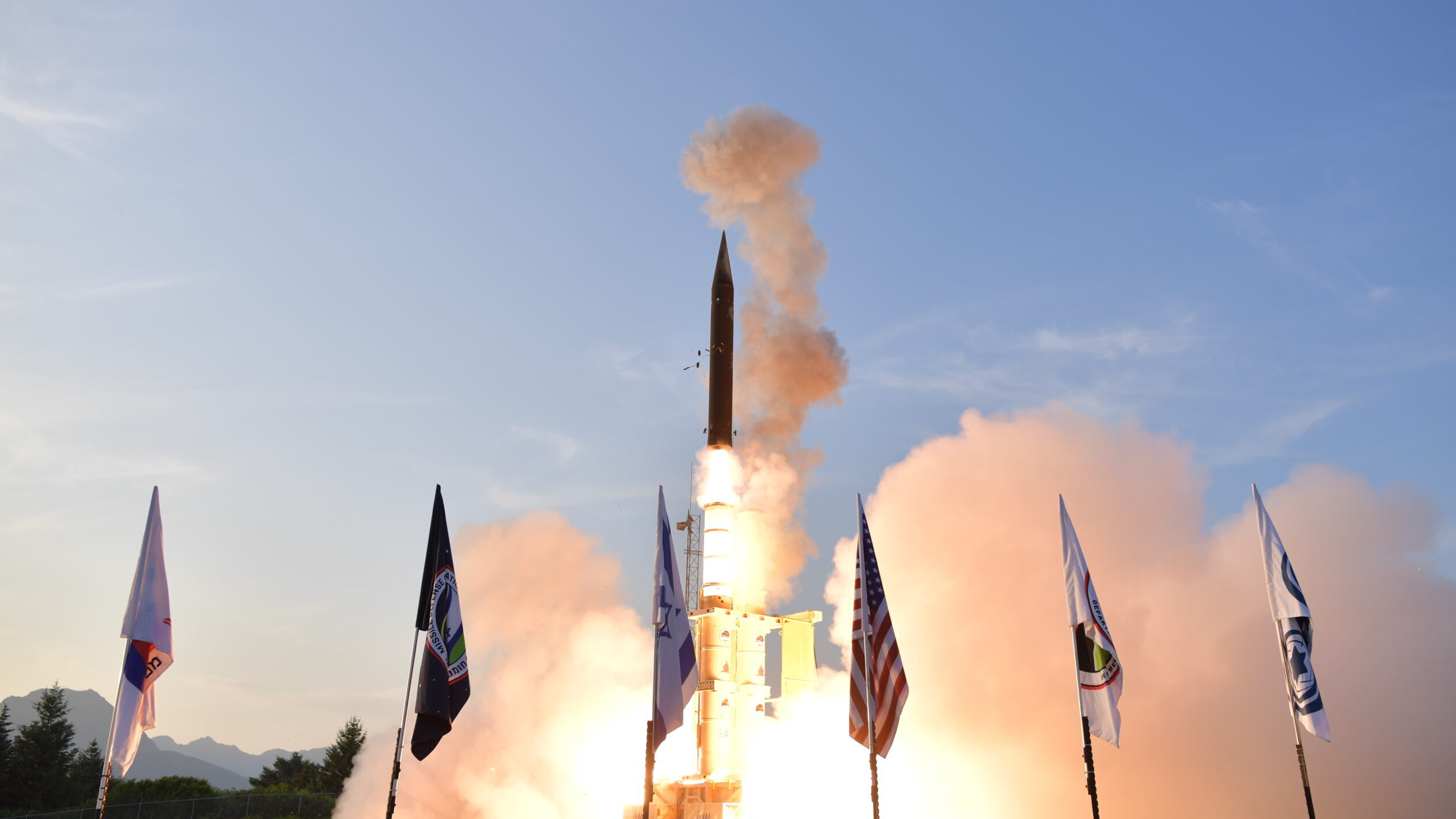
5th Fleet chief: Houthis support ‘diversifying’ beyond Iran, US Navy playing ‘shock absorber’
Vice Admiral George M. Wikoff suggested that in addition to murkier supply lines, the Houthis have developed their own offensive capabilities to the point where "there's discussion that they could [be] becoming exporters of technology."















